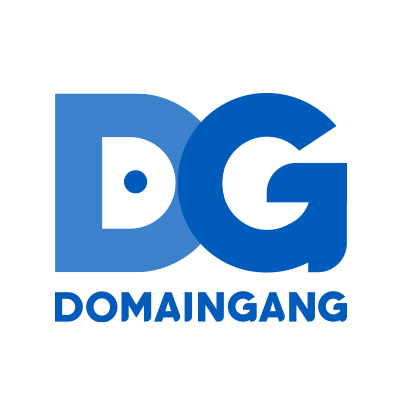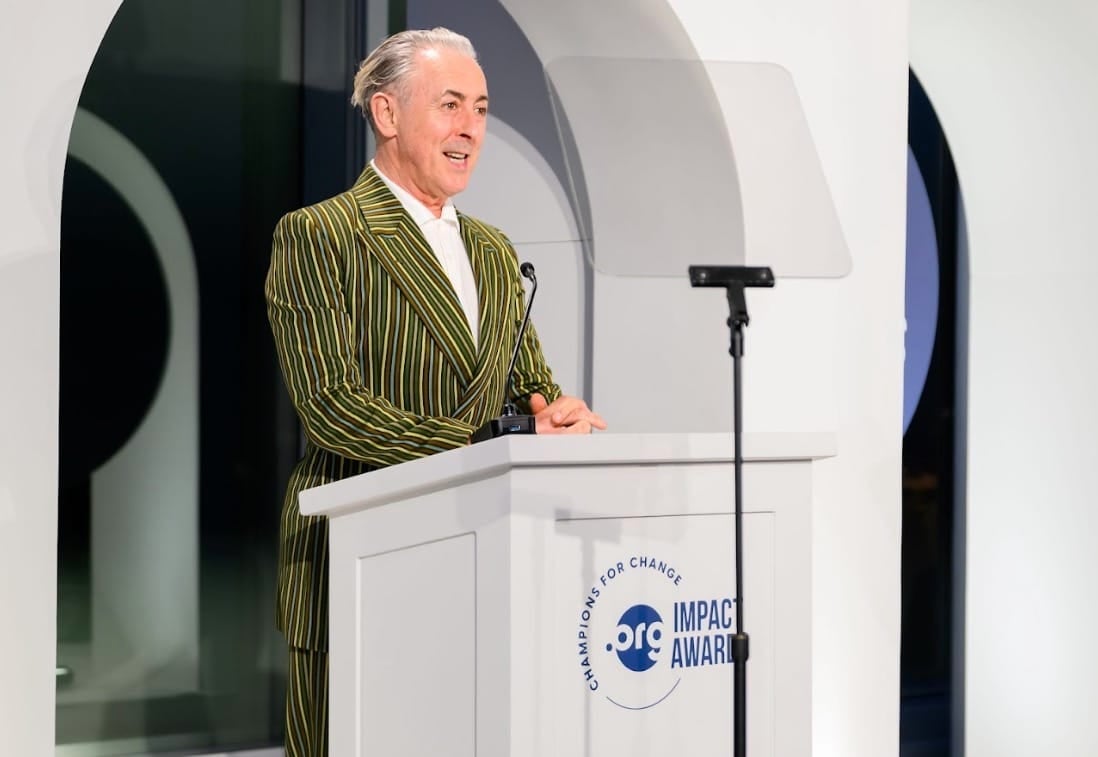YOUR AD HERE
IotaComm, Inc. formed in 2018 and began using the term IOTACOMM at the time; meanwhile, iotacomm.com had been registered 3 months prior.
The company filed a UDRP to get the domain, after receiving brokered offers from Nameholic brokerage, seeking $65,000 dollars in return; the price was negotiated down to $25,000 and then $7,500. When these negotiations fell through, the WIPO was chosen as the arbitrator in this case.
The sole panelist noted that there is no proof that the domain was registered or used in bad faith and ordered it to remain with the Respondent. It also declined to deliver a finding of Reverse Domain Name Hijacking due to the sketchy details and lack of a communication platform by the Respondent’s choice of a domain broker.
ARBITRATION AND MEDIATION CENTER – ADMINISTRATIVE PANEL DECISION
IotaComm, Inc. v. Marisa Matilde Suarez
Case No. D2024-4295
1. The Parties
The Complainant is IotaComm, Inc., United States of America (United States), represented by Lombard & Geliebter LLP, United States.
The Respondent is Marisa Matilde Suarez, Argentina.
2. The Domain Name and Registrar
The disputed domain name iotacomm.com is registered with Wild West Domains, LLC (the “Registrar”).
3. Procedural History
The Complaint was filed with the WIPO Arbitration and Mediation Center (the “Center”) on October 17, 2024. On October 18, 2024, the Center transmitted by email to the Registrar a request for registrar verification in connection with the disputed domain name. On October 21, 2024, the Registrar transmitted by email to the Center its verification response disclosing registrant and contact information for the disputed domain name, which differed from the named Respondent (Domains By Proxy, LLC) and contact information in the Complaint. The Center sent an email communication to the Complainant on October 22, 2024, providing the registrant and contact information disclosed by the Registrar, and inviting the Complainant to submit an amendment to the Complaint. The Complainant filed an amended Complaint on the same day.
The Center verified that the Complaint together with the amended Complaint satisfied the formal requirements of the Uniform Domain Name Dispute Resolution Policy (the “Policy” or “UDRP”), the Rules for Uniform Domain Name Dispute Resolution Policy (the “Rules”), and the WIPO Supplemental Rules for Uniform Domain Name Dispute Resolution Policy (the “Supplemental Rules”).
In accordance with the Rules, paragraphs 2 and 4, the Center formally notified the Respondent of the Complaint, and the proceedings commenced on October 24, 2024. In accordance with the Rules, paragraph 5, the due date for Response was November 13, 2024. The Respondent sent an email communication to the Center on October 29, 2024. Upon this, the Complainant submitted a supplemental filing on the same day.
The Center appointed Warwick A. Rothnie as the sole panelist in this matter on November 19, 2024. The Panel finds that it was properly constituted. The Panel has submitted the Statement of Acceptance and Declaration of Impartiality and Independence, as required by the Center to ensure compliance with the Rules, paragraph 7.
4. Factual Background
The Complainant is a corporation based in the United States. It operates in the field of wireless communications and data analytics providing Internet of Things (IoT) solutions that enable health, safety, and sustainability initiatives for its customers.
According to the Complaint, the Complainant was originally incorporated on May 7, 1998, under the name Technology Horizons Corp. It appears from the declaration of Terrence DeFranco (the chairman and CEO of the Complainant) submitted with the Complaint that there was a period between 1998 and September 2018 when the Complainant’s name was Solbright Group, Inc. In September 2018, however, the Complainant changed its name to Iota Communications, Inc. Subsequently, on July 8, 2024, its name was changed to its current name.
Mr DeFranco has been employed as an executive of the Complainant since 2013.
According to his declaration, the Complainant registered the domain name iotacommunications.com in April 2018. A WhoIs report indicates the date of registration was April 25, 2018. The Complainant also began using the trademark IOTACOMM as the brand for its business at that time. It has been using the trademark and the domain name continuously since then.
The declaration sets out the Complainant’s approximate gross revenues and advertising and promotional expenditures for the fiscal years as follows:
Year
Gross revenue
Marketing / advertising expenditure
2021
USD 325,000
USD 200,00
2022
USD 308,000
USD 240,000
2023
USD 84,000
USD 550,000
The Complainant owns two registered trademarks in the United States:
(a) Registered Trademark No 7,172,178, IOTACOMM; and
(b) Registered Trademark No 7,172,180, IOTACOMM (where the dot of the “I” and “Comm” are presented in an orange or gold colour).
Both trademarks were registered in the Principal Register on September 26, 2023, in respect of providing temporary use of non-downloadable cloud-based software for data collection relating to indoor air quality, resource consumption, water quality, asset monitoring and integrated data analysis in International Class 42. Both claim a first use in commerce on April 28, 2021.
According to the WhoIs report, the disputed domain name was registered on January 3, 2018.
When the Complaint was filed, the disputed domain name resolved to a parking page with three “relevant” searches – pay-per-click (PPC) advertising links. There was a dialog box to enter “Search Ads” at the foot of the page. Underneath this, the text “Buy this domain” was presented and underneath that “This domain iotacomm.com may be for sale by the owner.” Then followed a disclaimer.
In 2023, the Complainant received an email from “Nameholic” offering to sell the disputed domain name to the Complainant for USD 65,000. The Complainant responded offering to pay USD 1,000. There were some further exchanges including an offer to sell to the Complainant for a price of USD 25,000. Another round resulted in what the Respondent characterises as an agreement for the sale for the price of USD 7,500. While the Complainant accepts the amount was proposed, it disputes there was agreement.
(The Panel notes that the Respondent states “Nameholic” is a domain broker whom the Respondent instructed to find a buyer for the name.)
5. Discussion and Findings
Paragraph 4(a) of the Policy provides that in order to divest the Respondent of a disputed domain name, the Complainant must demonstrate each of the following:
(i) the disputed domain name is identical or confusingly similar to a trademark or service mark in which the Complainant has rights;
(ii) the Respondent has no rights or legitimate interests in respect of the disputed domain name; and
(iii) the disputed domain name has been registered and is being used in bad faith.
Paragraph 15(a) of the Rules directs the Panel to decide the Complaint on the basis of the statements and documents submitted and in accordance with the Policy, these Rules and any rules and principles of law that it deems applicable.
A. Supplemental Filing
The Panel will admit the Complainant’s unsolicited supplemental filing into the record.
Apart from documents requested by the Panel pursuant to paragraph 12 of the Rules, neither the Policy nor the Rules expressly provide for supplemental filings. Their admissibility is therefore in the discretion of the Panel bearing in mind the requirements under paragraph 10 of the Rules to ensure that the proceeding is conducted with due expedition and both parties are treated equally, with each party being given a fair opportunity to present its case.
In the present case, the Complainant’s unsolicited supplemental filing responds to an allegation that the Complainant has omitted some facts. It is appropriate that the Complainant be permitted to respond to an allegation of this nature.
B. Identical or Confusingly Similar
It is well accepted that the first element functions primarily as a standing requirement. The standing (or threshold) test for confusing similarity involves a reasoned but relatively straightforward comparison between the Complainant’s trademark and the disputed domain name. WIPO Overview of WIPO Panel Views on Selected UDRP Questions, Third Edition, (“WIPO Overview 3.0”), section 1.7.
The Complainant has shown rights in respect of a trademark or service mark for the purposes of the Policy. WIPO Overview 3.0, section 1.2.1.
Disregarding the .com generic Top-Level Domain as a functional part of the domain name system, the entirety of the mark is reproduced within the disputed domain name and the disputed domain name does not contain any other elements. Accordingly, the disputed domain name is identical to the mark for the purposes of the Policy. WIPO Overview 3.0, section 1.7 and 1.11.
The Panel finds the first element of the Policy has been established.
C. Registered and Used in Bad Faith
In the circumstances of this case, it is appropriate to consider the third requirement under the Policy next.
Under the third requirement of the Policy, the Complainant must establish that the disputed domain name has been both registered and used in bad faith by the Respondent. These are conjunctive requirements; both must be satisfied for a successful complaint: see e.g., Group One Holdings Pte Ltd v. Steven Hafto, WIPO Case No. D2017-0183.
Generally speaking, a finding that a domain name has been registered and is being used in bad faith requires an inference to be drawn that the respondent in question has registered and is using the disputed domain name to take advantage of its significance as a trademark owned by (usually) the complainant.
In the present case, however, it is not in dispute that the Respondent registered the disputed domain name on January 3, 2018.
On the basis of Mr DeFranco’s declaration stating that the Complainant registered the domain name iotacommunications.com and began using the trademark IOTACOMM in April 2018, therefore, the Respondent registered the disputed domain name some three months before the Complainant adopted its trademark.
There is no suggestion in the materials before the Panel that the Respondent had some sort of advance knowledge that the Complainant was preparing to adopt its trademark. There is no evidence before the Panel, therefore, that enables a finding that the Respondent registered the disputed domain name to take advantage of the Complainant’s plans or otherwise of the kind referred to in WIPO Overview 3.0, section 3.8.2.
In these circumstances, the Panel finds that the Complainant has not proved the Respondent registered the disputed domain name in bad faith. WIPO Overview 3.0, section 3.8.1.
Accordingly, the Complaint must fail as the Complainant has not established all three requirements under the Policy.
D. Rights or Legitimate Interests
As the Complaint must fail, no good purpose would be served by addressing this requirement under the Policy.
E. Reverse Domain Name Hijacking
Paragraph 15(e) of the Rules provides that, if after considering the submissions, the Panel finds that the Complaint was brought in bad faith, for example in an attempt at Reverse Domain Name Hijacking or to harass the domain-name holder, the Panel shall declare in its decision that the Complaint was brought in bad faith and constitutes an abuse of the administrative proceeding. The mere lack of success of the complaint is not, on its own, sufficient to constitute reverse domain name hijacking. WIPO Overview 3.0, section 4.16.
In circumstances where the disputed domain name was registered by the Respondent before the Complainant acquired its trademark rights, the Panel would often find reverse domain name hijacking. The necessity to establish that the disputed domain name was registered in bad faith, not just used in bad faith, has been clearly established under the Policy for many years now. Parties submitting complaints, especially those represented by professional advisers, should be well aware of this requirement.
In the present case, however, the Panel notes that the identity of the Respondent was unavailable to the Complainant when filing the Complaint in view of the use of a privacy service. The Complainant’s actions were to an extent triggered by the approach through “Nameholic” offering to transfer the disputed domain name for USD 65,000 and, it appears, the contact details for “Nameholic” were somewhat opaque. Its domain name is also behind a privacy protection screen and the website does not resolve or, in the Panel’s case, attempting to browse to it generates a security warning.
In these circumstances, the Panel considers it is not appropriate to make a finding of reverse domain name hijacking.
7. Decision
For the foregoing reasons, the Complaint is denied.
/Warwick A. Rothnie/
Warwick A. Rothnie
Sole Panelist
Date: December 3, 2024
Copyright © 2024 DomainGang.com · All Rights Reserved.
 1 week ago
1
1 week ago
1







 English (US) ·
English (US) ·